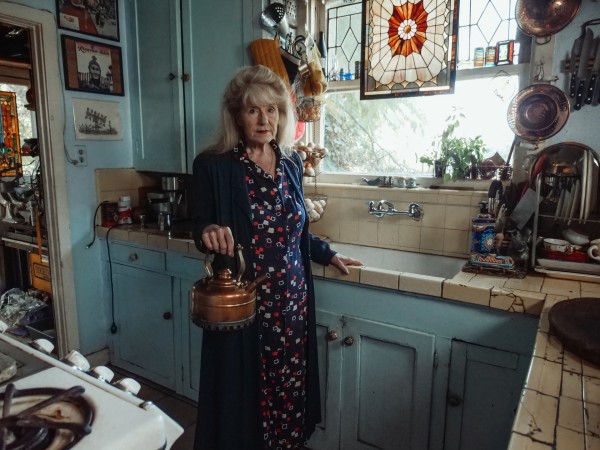“Property is better than a pension,” said Andy Haldane, the chief economist at the Bank of England in 2016.
This was a statement that, unsurprisingly, raised some eyebrows among the adviser community.
After all, it skims over the complexities of retirement investment. Worse still, it indicates that simply having property is enough to fund one’s retirement.
While property can certainly be a beneficial source of retirement income, it should be incorporated into a holistic retirement strategy. It is not beneficial to rely on property alone.
Although some people – primarily women – feel they have been left with little choice but to do this, which could prove problematic later down the line.
An astonishing pension gap
Given the state of the pension gender pay gap, it is certainly understandable that women feel forced to depend on alternative investments to fund their retirement years.
Indeed, figures revealed that the current pension pay gap sits at 40.3 per cent between men and women. This equates to a difference of £7,500 a year.
This statistic is startling. From this, it can even be inferred that millions of women could be on the path towards a financially unstable retirement.
There could be multiple reasons why this is the case. Firstly, we cannot ignore the issue of the gender pay gap. As it stands, women earn 15.5 per cent less than men; this essentially means that women will have less money to contribute towards their pension pot.

Women could be forced to explore alternative avenues of retirement finance, if they feel unable to pursue the more traditional pension routes.
Further, women are three times more likely to take prolonged periods of time away from work than men. As such, women are more likely to step away from a workplace pension and consequently miss out on employer pension contributions and pension tax relief.
Indeed, with various avenues to retirement saving seemingly limited, women will be forced to review their existing assets, and consider their possible contribution to their retirement income. And for many, property will be a key factor in this.
The attraction of property
Property is becoming an increasingly attractive proposition for women, largely because of the rapid recovery of the UK’s post-Covid property market. Indeed, house prices have increased in value by 5.8 per cent year-on-year.
Given the attraction of such investments, recent years have seen more and more women looking to invest in property. Indeed, a recent study has shown that women now make up 48 per cent of UK buy-to-let landlords – significantly, this figure rose by 17 per cent between the financial years 2014-15 and 2018-19.
This shift suggests that women could be forced to explore alternative avenues of retirement finance, if they feel unable to pursue the more traditional pension routes.











